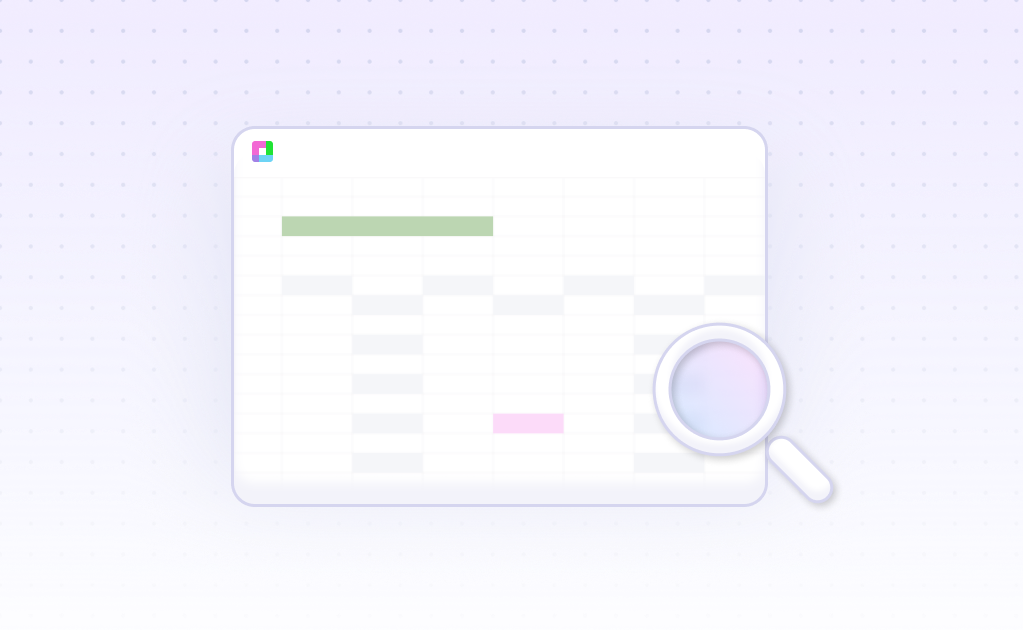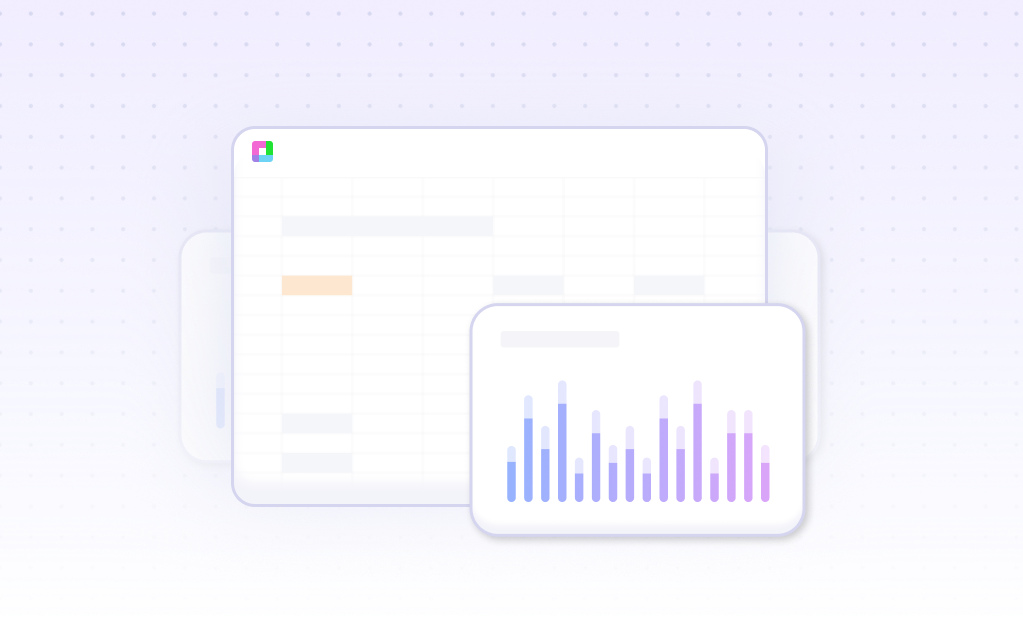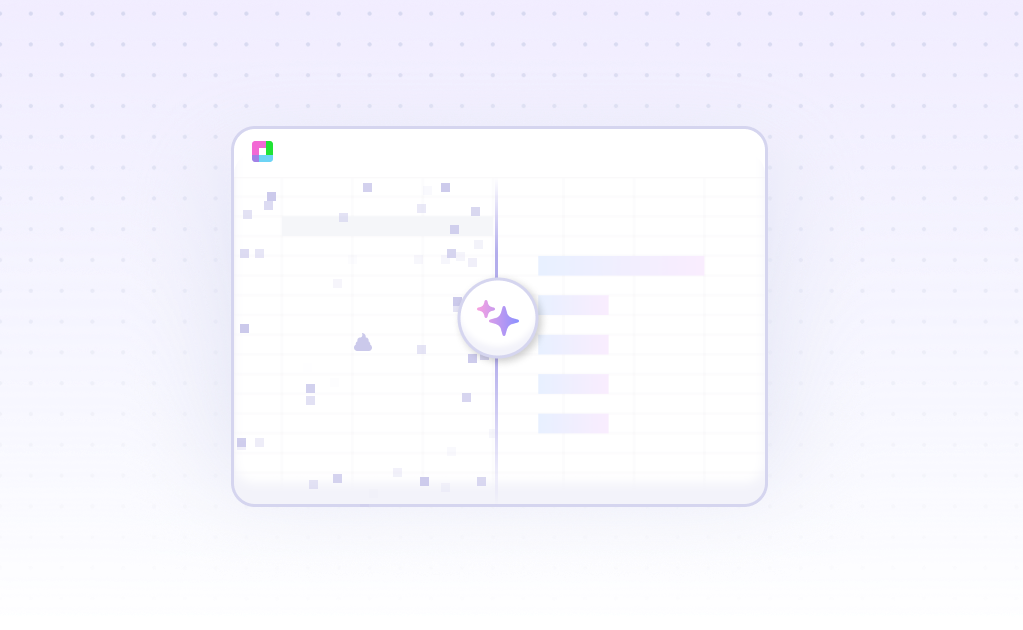
Introduction
Financial forecast analysis helps businesses predict future performance and make data-driven decisions. Excel's built-in forecasting tools use the AAA version of Exponential Smoothing (ETS) algorithm to generate predictions with 95% confidence intervals and automated data interpolation. While Excel remains a standard tool, AI-powered alternatives now streamline complex financial analysis tasks.
Sourcetable offers a modern approach to financial forecasting by combining AI-driven formulas, automated data cleaning, and integrated SQL/Python capabilities. Unlike traditional spreadsheet tools, Sourcetable simplifies complex data tasks through intuitive AI features, making financial analysis accessible without extensive Excel expertise. Learn how to perform efficient financial forecast analysis with Sourcetable at sourcetable.com/signup.
Why Sourcetable Is the Best Tool for Financial Forecasting
Sourcetable combines Excel's familiar spreadsheet functionality with AI-powered capabilities, creating a superior platform for financial forecast analysis. While both Sourcetable and Excel offer essential features like audit trails, calculators, and charting tools, Sourcetable's AI integration provides significant advantages.
AI-Enhanced Forecasting Capabilities
Sourcetable's AI technology analyzes vast datasets, identifies seasonal patterns, and adapts to changing market conditions. This automation allows finance teams to focus on strategic initiatives rather than routine calculations. The system's ability to extract insights from diverse sources and develop accurate forecast models surpasses traditional Excel analysis.
Strategic Financial Planning
Sourcetable transforms historical data into actionable insights through educated trend analysis. Its forecasting capabilities create clear pathways to achieving financial goals while identifying required resources and optimal timing. This systematic approach builds trust with potential lenders and strengthens capital-raising efforts.
Collaborative Advantages
While both platforms offer multi-user collaboration, Sourcetable's natural language processing allows team members to analyze spreadsheet data through simple queries. This functionality democratizes data analysis and accelerates decision-making processes, making financial forecasting more accessible and efficient than traditional Excel workflows.
Benefits of Financial Forecast Analysis with AI-Powered Spreadsheets
Financial forecasting enables better financial decisions, stable cash flow, and improved access to credit. Organizations benefit from more effective departmental spending, enhanced strategic planning, and consistent growth through detailed risk evaluation.
Why Choose ThoughtSpot for Financial Analysis
ThoughtSpot provides a comprehensive 360-degree view of financial performance with AI-powered features that reveal data trends. Its natural language processing capabilities help users understand financial data and make informed decisions across finance, procurement, sales, and inventory management.
AI-Powered Spreadsheet Advantages
Modern AI spreadsheets offer superior features compared to traditional Excel. While Excel uses Ideas for basic pattern recognition and visualization, newer platforms integrate more seamless AI capabilities through natural language processing, automated data cleaning, and intelligent suggestions.
Organizations can access actionable insights faster and share financial data effectively across departments through ThoughtSpot's advanced analytics platform, enabling smarter, data-driven decision-making for tangible business value.
Financial Forecast Analysis Examples with Sourcetable
Sourcetable provides multiple approaches to financial forecasting with AI-powered automation. The platform streamlines forecasting processes while minimizing human error through integrated AI tools.
Common Forecasting Methods
Organizations can leverage broker consensus forecasting, as demonstrated by ABC Oil, which averages multiple broker forecasts for revenue predictions. Premium smartphone manufacturers utilize top-down forecasting by analyzing market share data, while smartwatch makers employ bottom-up forecasting by calculating total units sold × average price per unit.
Statistical Forecasting Techniques
Kitchen equipment manufacturers can implement straight-line forecasting using historical revenue data. Retail businesses can utilize moving averages, such as calculating a three-month average to predict future sales. Driver-based forecasts help navigate market uncertainty.
AI-Enhanced Features
Sourcetable's AI capabilities automate forecasting tasks, analyze large datasets, and uncover hidden insights. The platform converts text to formulas, provides formula explanations, and integrates directly with existing spreadsheet workflows for improved accuracy and efficiency.
Financial Forecast Analysis Use Cases with Sourcetable
Sales Trend Prediction |
Predict future sales figures using historical data and market trends for accurate revenue forecasting. |
Cash Flow Optimization |
Enhance cash flow management through accurate financial modeling to optimize budget allocation and working capital. |
Customer Churn Prevention |
Analyze historical customer data to identify potential churners and forecast customer retention rates. |
Growth Planning |
Leverage accurate financial forecasting to identify growth opportunities and maintain competitive market advantage. |
Frequently Asked Questions
What is financial forecast analysis and why is it important?
Financial forecast analysis is creating an educated prediction of future business performance over a set period. It is essential for business management as it helps leaders create budgets, plan resources, anticipate risks, improve profitability, and manage growth. A comprehensive financial forecast includes a balance sheet, cash flow statement, and income statement.
What data is needed for financial forecasting?
Financial forecasts are typically based on a combination of historical and research-based data. Historical data is quick and easy to collect, while research-based and qualitative data gathering is necessary for new companies, projects, or when preparing presentations for lenders and financial partners.
How can AI in Sourcetable improve financial forecasting?
AI in Sourcetable makes financial modeling and forecasting faster, easier, and more accurate by organizing data from multiple sources, identifying trends and anomalies, and automating data organization and analysis tasks. It reduces errors, improves collaboration, and enhances data management while making complex financial modeling tasks simple.
Conclusion
Financial forecast analysis in Excel requires manual data entry, formula creation, and careful attention to avoid errors. While Excel's Forecast Sheet tool and SCORE's templates streamline the process, creating projections from scratch remains time-consuming. For those seeking an alternative, SCORE's template offers comprehensive forecasting for cash flow, operating profit, balance sheets, and income statements.
Sourcetable emerges as a powerful AI-powered alternative that combines Excel's functionality with natural language processing. Its AI assistant responds to plain language commands and offers data-driven suggestions, making financial forecasting accessible without extensive Excel knowledge. With connections to over 100 data sources and support for Python and SQL integrations, Sourcetable accelerates formula creation, charting, and data analysis. Try Sourcetable's financial forecasting capabilities at sourcetable.com/signup.
Recommended Analysis Guides
Connect your most-used data sources and tools to Sourcetable for seamless analysis.
Frequently Asked Questions
If your question is not covered here, you can contact our team.
Contact Us




